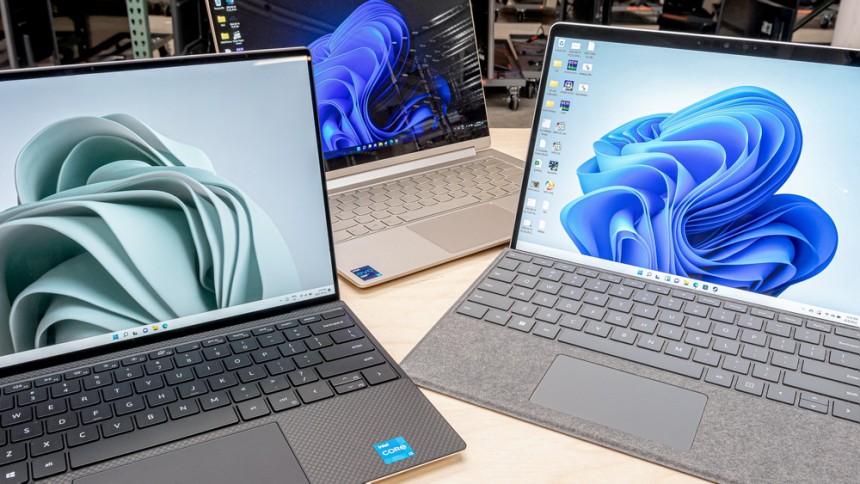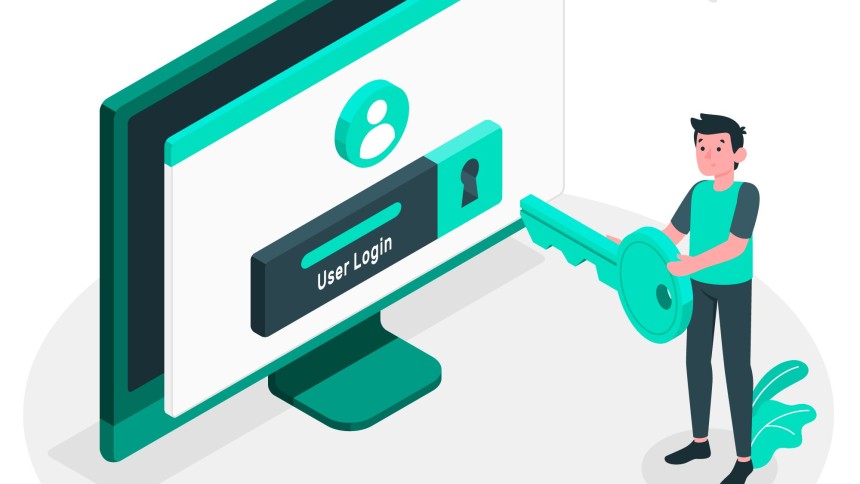
Best Practices for Laptop Battery Health: Should You Keep It Plugged In?
Best Practices for Laptop Battery Health: Should You Keep It Plugged In?
Maintaining the longevity of a laptop battery is a crucial aspect of device management. One of the most common concerns among users is whether keeping a laptop plugged in at all times can damage the battery. This article provides author
Does Keeping Your Laptop Plugged in Constantly Damage the Battery?
Modern laptops are equipped with lithium-ion (Li-ion) or lithium-polymer batteries, which do not overcharge when left plugged in. Once the battery reaches full capacity, the charging process stops, and the laptop is powered directly from the adapter. However, this does not mean keeping the device plugged in continuously is beneficial.
Key Risks of Keeping a Laptop Plugged in 24/7
- Heat Buildup – Excessive heat is the primary factor in battery degradation. High temperatures accelerate chemical aging, reducing overall battery capacity over time.
- Battery Stress at 100% Charge – Lithium-ion batteries experience higher stress levels when maintained at full charge for extended periods. This gradually decreases their ability to hold a charge.
- Reduced Charge Cycles – While charge cycles refer to full discharges and recharges, prolonged operation at 100% charge can still contribute to gradual wear, shortening battery lifespan.
Should You Regularly Unplug and Discharge the Battery?
Yes, periodic discharge is necessary for battery longevity. Allowing the battery to cycle through different charge levels prevents chemical stagnation and enhances long-term performance.
Recommended Battery Maintenance Practices
To optimize battery lifespan, adhere to the following best practices:
✅ Follow the 20-80 Rule – Ideally, maintain battery charge between 20% and 80% rather than constantly keeping it at 100%.
✅ Discharge the Battery Monthly – At least once a month, allow the battery to discharge to 20-30% before recharging to full. This helps calibrate battery sensors and optimize energy retention.
✅ Monitor and Control Heat – Prevent excessive heat exposure by using laptops on hard surfaces and ensuring proper ventilation. If your laptop tends to overheat, consider investing in a cooling pad.
✅ Utilize Battery Management Features – Many modern laptops (Dell, Lenovo, ASUS, and others) have built-in battery conservation modes that limit charge capacity to around 80% to reduce stress on the battery. If available, enable this feature.
✅ Avoid Full Discharges – Allowing the battery to drop below 10% regularly can negatively impact its health, leading to deep discharge cycles that degrade performance.
Long-Term Storage Considerations
If the laptop will be unused for an extended period, proper storage is essential. Follow these steps to prevent battery degradation:
- Store the laptop with a 40-50% charge rather than fully charged or fully depleted.
- Keep the device in a cool, dry environment to minimize heat exposure.
- If unused for several months, periodically recharge to maintain battery health.
The evidence presented highlights the significant impact of charging habits and thermal management on lithium-ion battery longevity. While modern laptops are designed to prevent overcharging, prolonged operation at full capacity and exposure to high temperatures accelerate chemical degradation, ultimately reducing battery efficiency. By maintaining charge levels within optimal ranges and periodically discharging the battery, users can effectively slow down wear and extend the device’s operational lifespan. Given the increasing reliance on portable technology, future advancements in battery engineering may further refine best practices, potentially rendering traditional care routines obsolete. However, until such innovations become standard, proactive battery management remains essential for maximising long-term performance and sustainability.




